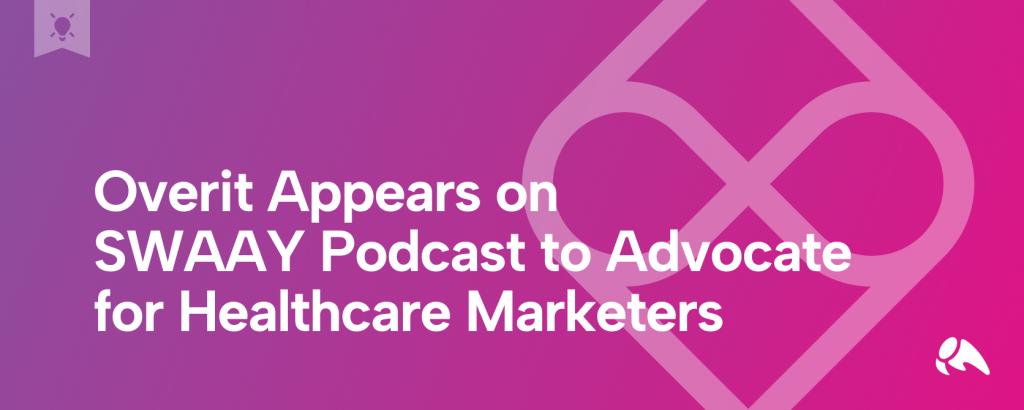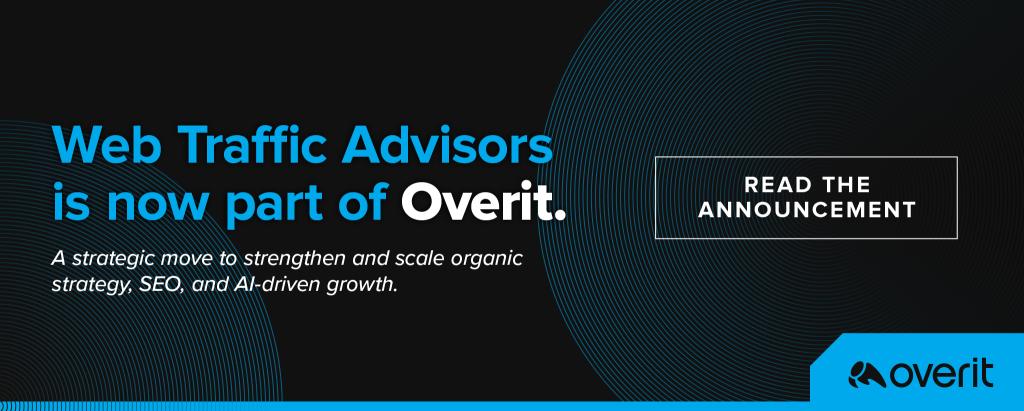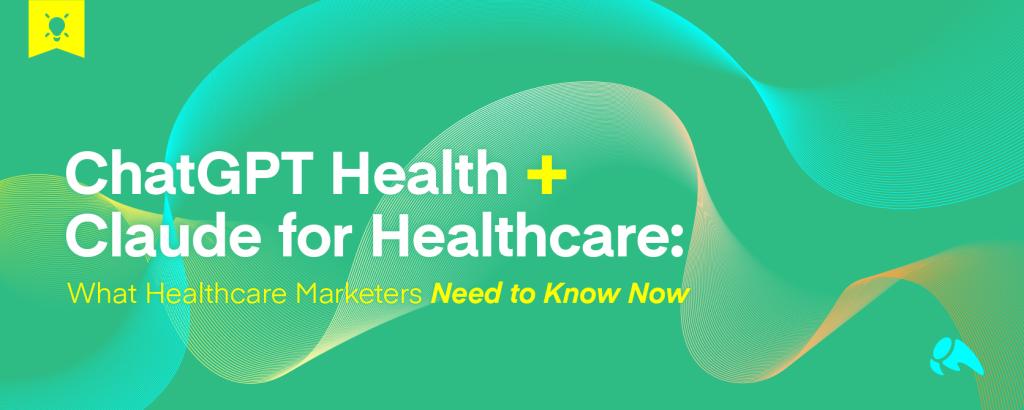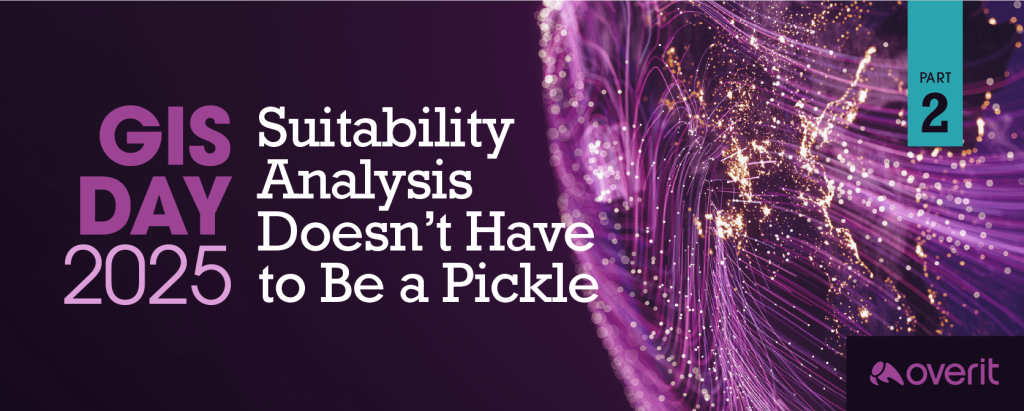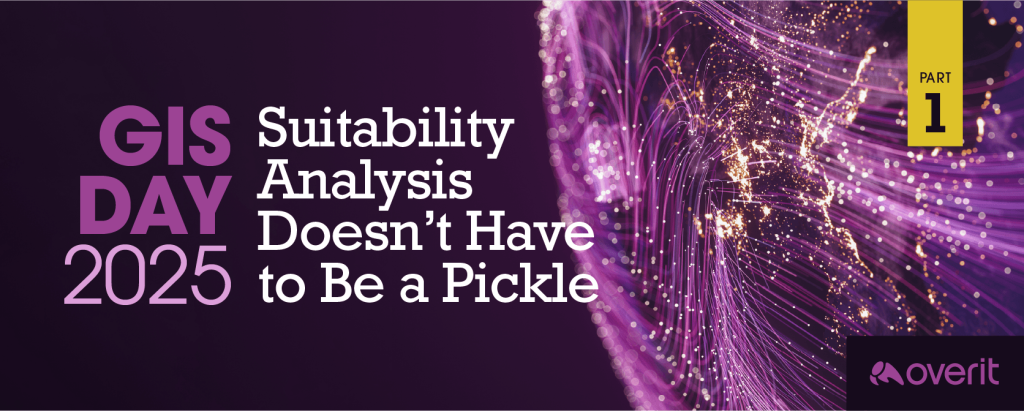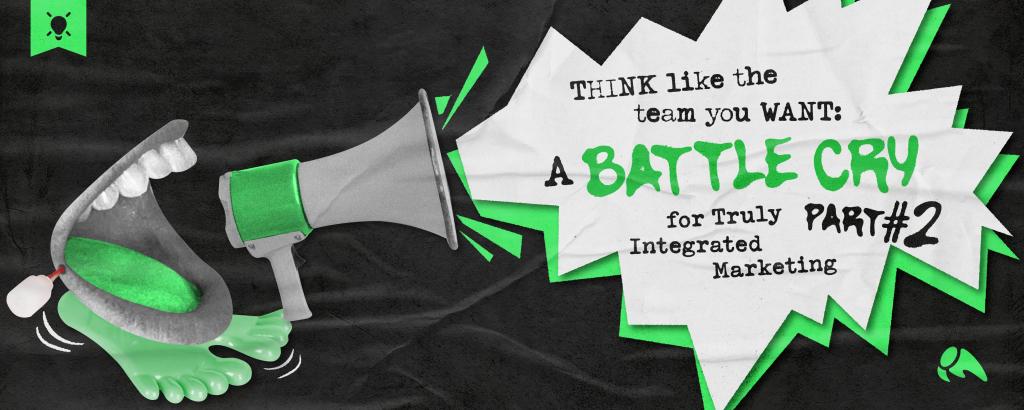
Goooood morning! It’s the last day of Pubcon and we have our earliest keynote yet. Feels mean to me but Twitter tells me it’s a whole getaway thing. I’ll buy that, just keep the coffee coming.
First this morning we have an Iron Man Breakfast Keynote featuring Stonetemple’s Eric Enge and Google’s Garry Illyes. At some may know, Gary’s not a morning person and often doesn’t take kindly to our questions. This should be fun all around. 🙂 If you’re reading this, I want to encourage you to check out all the Pubcon Vegas 2017 Liveblogging coverage we’ve been kicking out. It’s been a great week and what a treat to be here!
Okay, let’s start.
Eric: GOOD MORNING!
Gary:… it is not good at all.
[They do a whole banter-bit about how Gary hates mornings and needs coffee and its our job to serve him coffee. Clever.]
Eric: I want to start a little bit talking about ranking stuff.
Gary: Great, I love talking about ranking stuff, he says sarcastically.
Eric: If you do a search on “jaguar,” it might be that the normal results would show all car sites if you didn’t separately recognize that some people searching want a page about the animal. This is a good example of a “query deserves diversity” thread. Is something like this real where you adjust rankings based on other things?
Gary: There are a couple of things. One is what you just described where we don’t actually know what the user wants. We would show them results about the animal but then we should also show a box asking if they were looking for the car or football team. That’s one thing. That’s typically very closely related to personalization. If I search for jaguar and click on the animal, then you shouldn’t get results about the car because you’ve already shown an interest in the animal. Everything has to bid for it’s spot in the search results. The information we have available for a video to bid for that spot is different than the info you have to bid on that spot for a blue link or an image. Every feature can bid similarily. I won’t go into details about how they are normalizing. Video ranking in video search is slightly different from web search ranking because the videos are inherently different from textual content.
Eric: There is a decision in the bidding process that says it makes sense to hae videos or images on the page?
Gary: Yes.
Eric: Let’s talk about links. [Gary: Oh God.] Are there scenarios where links aren’t involved?
Gary: He mentions a Norweigan guy who was ranking well with no links at all. I’m not even kidding, This is the conversation we’re having right now. In certain cases, links can be ignored. If you are targeting longtail, and it looks like more and more are doing that, links shouldn’t be a high priority. There are search features that are above the number one position. So you could figure out how to get the spot in those features and then suddenly you are in position 0.
Eric: The are queires where the bidding system is relying on other signals rather than links to rank, right?
Gary: For most features, you do have to rank reasonably well to get to them. For example, if you take Featured Snippets. We will only take a Featured Snippet from the first page and possibly the second. [Eric agrees that that’s what he’s seen, as well.]
Eric: Let’s talk about mentions.
Gary: Because we are testing our algos with humans (we have the raters, actual users, etc.), the core algo is acting very similarly to how a human would. Mentions are how we learn that you are someone on the Internet. Once you start getting mentions, we start learning that yes, this is an entity. We can start linking to that entity’s different properties. Link mentions are good. Structured mentions are better.
Eric: This has a large effect on how you market yourself online, and creating a context to establish yourself as an authority on the space.
Gary: Competitor analysis is a good thing. You will look at their SEO holistically, but then you have to do the same for your site. figure out what you want to rank for, and then work on getting people to know that you can do that thing. It’s not very different from a brick and mortar business. In the online world we like to complicate things.
Eric: Your algos are being modeled to replicate how a human would think, right?
Gary: Right. ‘
Eric: Yesterday, Nathan talked a little bit about a user happiness score.
Gary: He did?
Eric: Yes, he did. It was this idea that, on some level, you evaluate the overall user happiness you’re generating with your algo.
Gary: No idea what you’re talking about. [This is fun. – Lisa]
Gary: We launch a new ranking change/feature for a small amount of users. Then we look at how people react to that change. I would guess he was thinking about that.
Question from audience: If I do a search for “car accident laywer” it will show local results. But if I do a search for “what to do after a car accident” it shows national results. Do you foresee making a change so that FAQ-type results are also localized?
Gary: That sounds like a failure to me if the results aren’t locally relevant. We’ve shifted our focus to mobile about 2 years ago. Raters are rating on their phone unless specifically asked to look at desktop.
Question: Does Google use social signals as a ranking factor?
Gary: Google can’t rely on social signals (shares, likes, etc.) because they could be shut off overnight and then Google is left with a broken signal. If Google doesn’t rely on them, you shouldn’t either.
Eric: If a unicorn pony is born, lots of talk on a social site, that could be a sign it’s important.
Gary: Don’t get hung up on “social.” Social to us is just a site.
Question: Do we have to use AMP to perform well in search?
Gary: This is a business decision. If you have resources, you should consider it. When you have AMPs, you might show up in certain search features. On mobile, Top Stories is AMP exclusive.
For indexation, if you are using AMP page as your alternate pages of your main content, they are not indexed. They are analyzed to see whether the content is fairly similar to the main site’s content. If it is, it ends up in the Google AMP cache.
